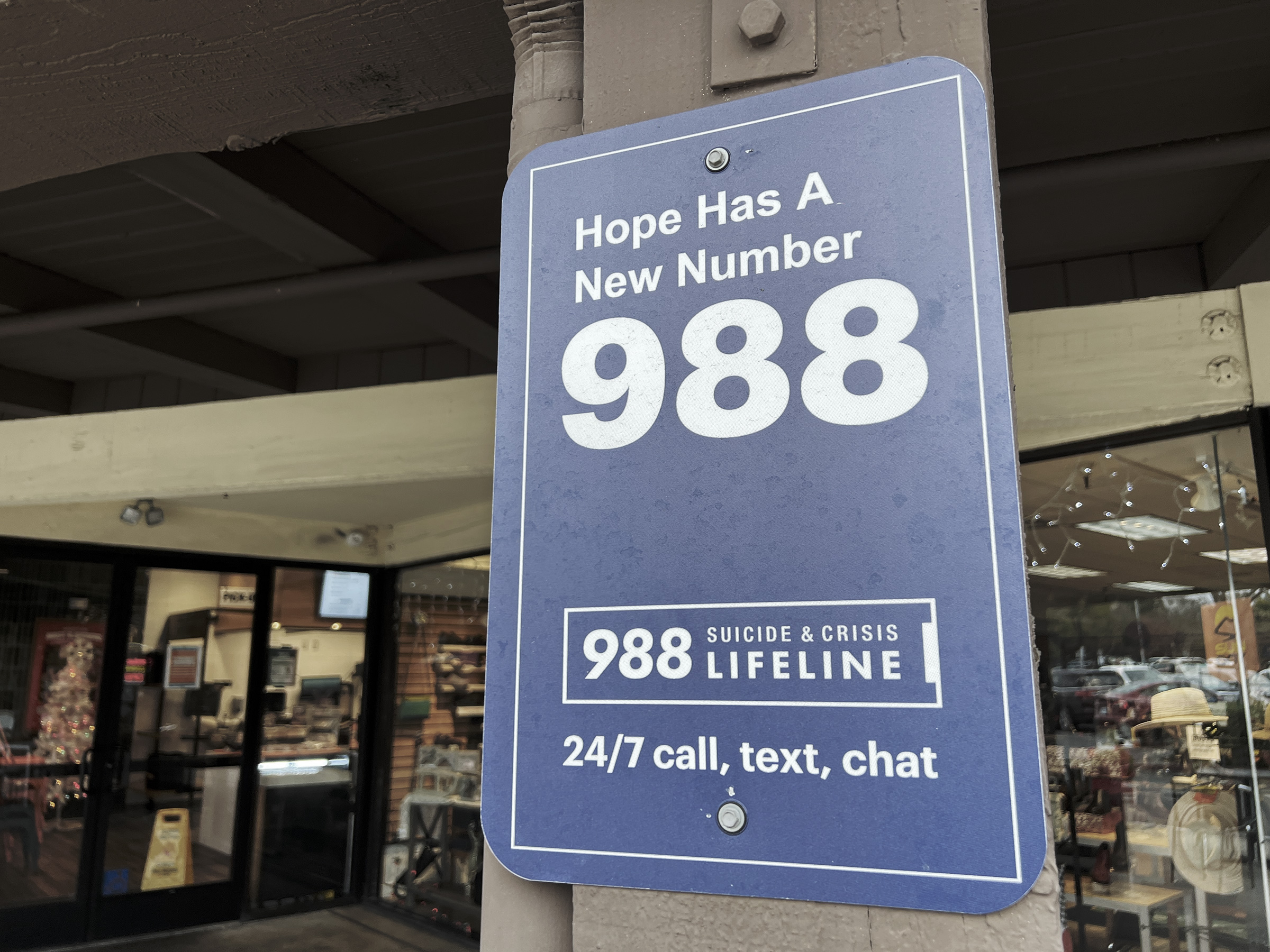
""The whole thing was an absolute, utter, traumatic nightmare," Isbell said. After contacting a mental health hotline and not receiving help, she faced dire police intervention and costly consequences."
"Federal officials viewed the launch of 988 as the linchpin to reenvision the mental health crisis system. It aimed to reduce police reliance and stigma associated with seeking help."
"Recent federal funding and staffing cuts threaten the future of the 988 program, raising concerns among mental health advocates about the sustainability of progress made."
"The idea behind 988 was to provide immediate mental health support at a critical moment, transforming how communities respond to individuals in crisis."
Lynette Isbell's distress over personal issues led her to contact a mental health hotline, only to feel rejected and subsequently face police intervention, resulting in significant costs. Her case illustrates the necessity for an improved mental health crisis response system, particularly with the launch of the 988 hotline aimed at reducing police involvement and stigma. However, recent federal funding and staffing cuts jeopardize the future effectiveness of 988, raising concerns about sustaining essential mental health support services that are critical to community well-being.
Read at Truthout
Unable to calculate read time
Collection
[
|
...
]